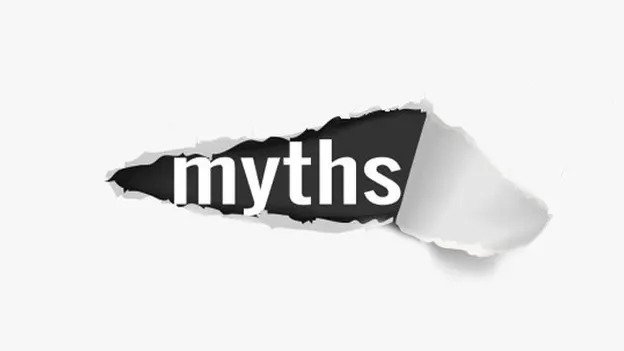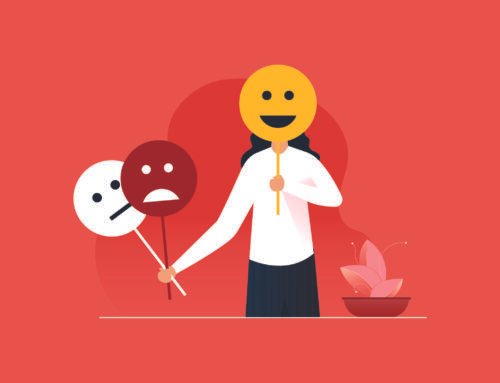Common Myths About Addiction
By Ashna Gupta, Clinical Psychologist
The term myth describes a symbolic story, usually of unknown origin, which is a commonly held but incorrect belief or notion (Merriam-Webster, 2010). There are many myths surrounding the most prevalent medical problems, particularly mental disorders. One of the most incapacitating problems that baffle the most sophisticated and educated minds is the myths around addiction. There are a lot of questions and not many answers. This blog is an earnest effort to offer some of the most urgent answers.
Is the word addiction a myth in itself? Yes!
Addiction can be defined in its most basic form as a behavior that is out of control and which produces subjective distress. Synopsis of Psychiatry, Tenth Edition, 2007, clearly states that addiction is not the right term for explaining the chronic use of drugs by a person. The tragedy is that it’s still being used massively by common people. The term addiction adds a burden to a user’s life. It’s an anchor which pushes them into the sea of drug use even deeper. It puts a big label of an addict on them, which they have to carry their whole lives with utter sadness.
What’s the alternative?
The current and the most helpful term is substance use/abuse/dependence based upon the usage of any substance/s. Substance dependence involves loss of control, constant need, the compulsion to use the substance, and continued use even though there are negative consequences of indulgence. The term beautifully separates a person’s personality from his drug use and at the same time, puts the responsibility upon the person to own the consequences of his drug use. The term also acknowledges their struggle with drug use. Clearly, he’s not an ‘addict’. He’s a ‘person’ with substance use problems or substance dependence.
Now that we have tried to bust the biggest myth of all, the addiction myth, let’s get to the bottom of it and bring to the surface some more myths.
Myth 1: People with substance abuse/ dependence can’t function at all.
It is often believed that people with substance abuse/dependence are unable to carry out their day-to-day activities or handle their responsibilities. It has also been reported that a fair amount of people with substance use can manage their work and family life. They need treatment as much as the former group.
Myth 2: A lapse always turns into a relapse.
This myth is held mostly by people who are currently abstinent and dealing with the craving for a particular drug. A lapse is a momentary slip where a person might stop after using one time, relapse is a more severe and continuous return to a drug. The power to stop after a lapse and prevent relapse lies in the hands of the user himself. The decision to return to psychotherapy can facilitate the process substantially.
Myth 3: Relapse means that treatment did not work.
Substance dependence is a serious mental concern. It can make a person indulge in risky behaviors in order to obtain the drug he/she wants. Although treatment is aimed at reducing the psychosocial impact and preventing any relapses, it cannot ensure the total absence of relapses. The treatment might lessen the extent of substance use, but there are chances that the person might still have cravings.
There are many other myths prevalent in society around substance abuse/dependence. Busting the aforementioned myths can be a good starting point for common people, the dependent, and his/her close ones.






